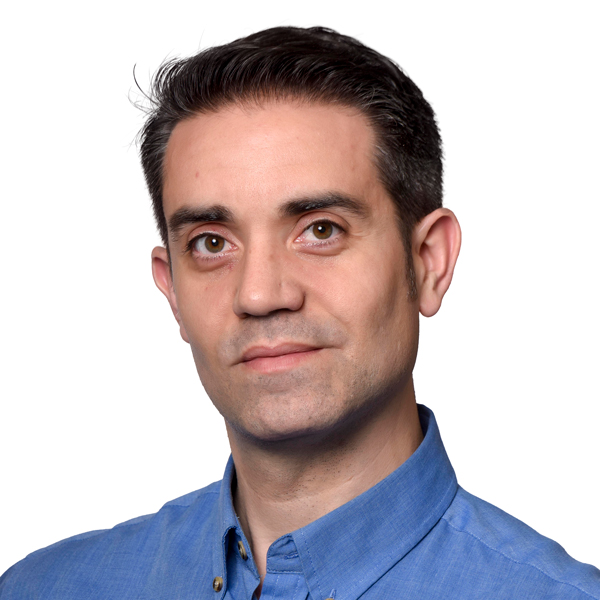Why you need an ORCID code if you don't already have one
Subject: Multidisciplinary
There are over 15 million active ORCID profiles worldwide
A free, unique and permanent code that identifies your research
In Spain, the most common first names are Antonio and Mari Carmen, and the most frequent surname is García. On Google Scholar alone, there are fourteen profiles for Antonio García and twenty for Mari Carmen García. And what if you also have a namesake, how can you get credit for your scientific work and avoid confusion? The solution is a sixteen-digit code, known as the ORCID iD, which identifies you unequivocally as the author of your research and provides you with a permanent page containing a record of all your work.
If they look for you, will they find you?
The Open Researcher and Contributor ID (ORCID) code is the key identifier in the research community. You must have it, for example, to apply to calls for research projects, to be published in journals or the UOC's O2 Repository, or to appear on the Catalan Research Portal.
Your ORCID iD
Some of its main advantages:
- It will help you prevent others with the same or a similar name from being given credit for your publications.
- All your research information is accessible through your profile, so you can use it wherever you need it.
- It is a unique code that you can use throughout your career, regardless of the institution where you are conducting your research, changes in your name, the country where you are located or the field of study of your research.
- It facilitates communication with the scientific community (sending articles to editors and documents to the institutional repository, etc.).
- It can be connected to other personal profiles, such as ResearcherID, Scopus ID, Google Scholar Citations, etc.
FAQs
How can I register?
- You can register for free. Go to the ORCID website and fill in all the fields.
- If your name matches that of anyone else registered, the platform will ask you to review other profiles and confirm that none of them is you.
- You have the option of adding more than one email address to log in.
- You can choose who sees your profile information: everyone, a selected group of people or just you.
- Lastly, you will need to verify your email address.
How do I add my publications to my ORCID profile?
Once you have verified your account, you can add your scientific work automatically or manually.
- Import references directly from other databases such as Dialnet, Google Scholar, Scopus and Web of Science.
- Add articles using another identifier.
- Import them from a BibTeX file.
- Manually.
I have already created an ORCID account, but I can't remember the password. What can I do?
Go to the password recovery page, select the ORCID iD tab, enter your email address and select Recover account details. The platform will send you an email with the 16-digit identifier.
If I don't recover the account or I decide to close it, can I request another ORCID number?
No, ORCID will assign you a unique code.
I have more than one ORCID code, how do I remove duplicates?
You should only have one ORCID code. Remove any incorrect codes from your account by going to Account Settings; at the bottom of the screen you will see the Remove duplicate record option.
Where can I include the ORCID code?
- In Portal of the Researcher (GIR)
- In your UOC researcher digital profile.
- In your articles.
- In posters or communications.
- In applications for research calls.
- In your database profile.
- On your personal website.
- In your email signature.
On your profile, you can copy your code and display it on a website (Account Settings / Display your ORCID iD on the web) or download a QR code (Account Settings / Get a QR code for your ORCID iD).
The ORCID code will distinguish you from any other namesakes. This will be your brand, your digital identity! More information can be found here:
If you have any queries, please contact our Publishing with impact service.




